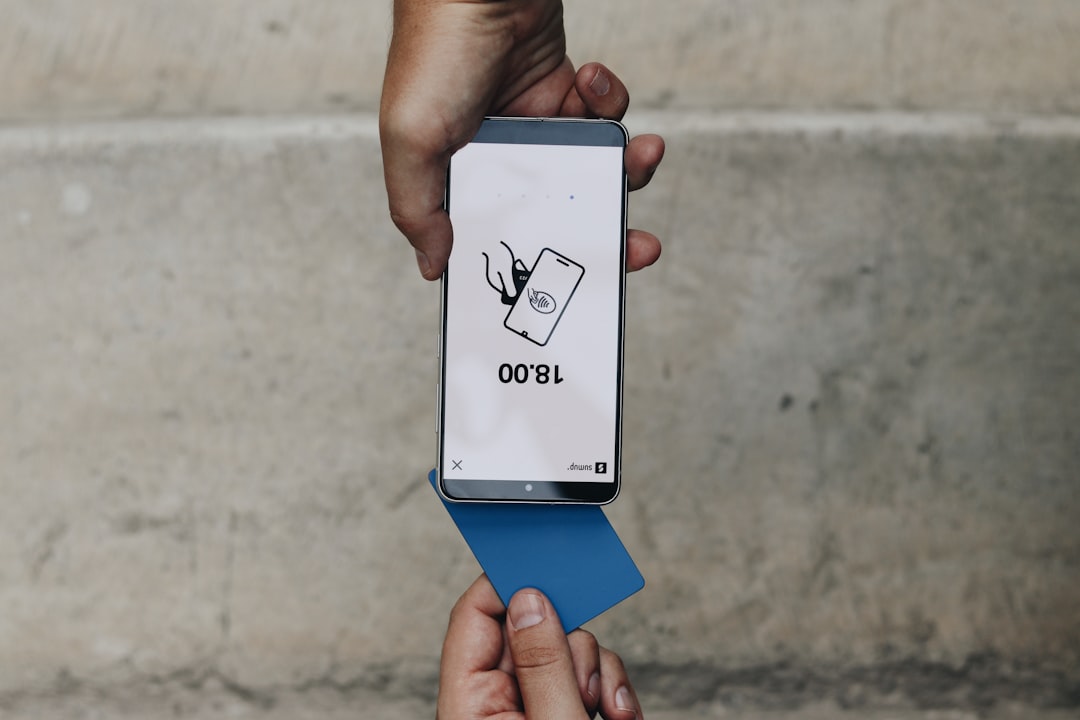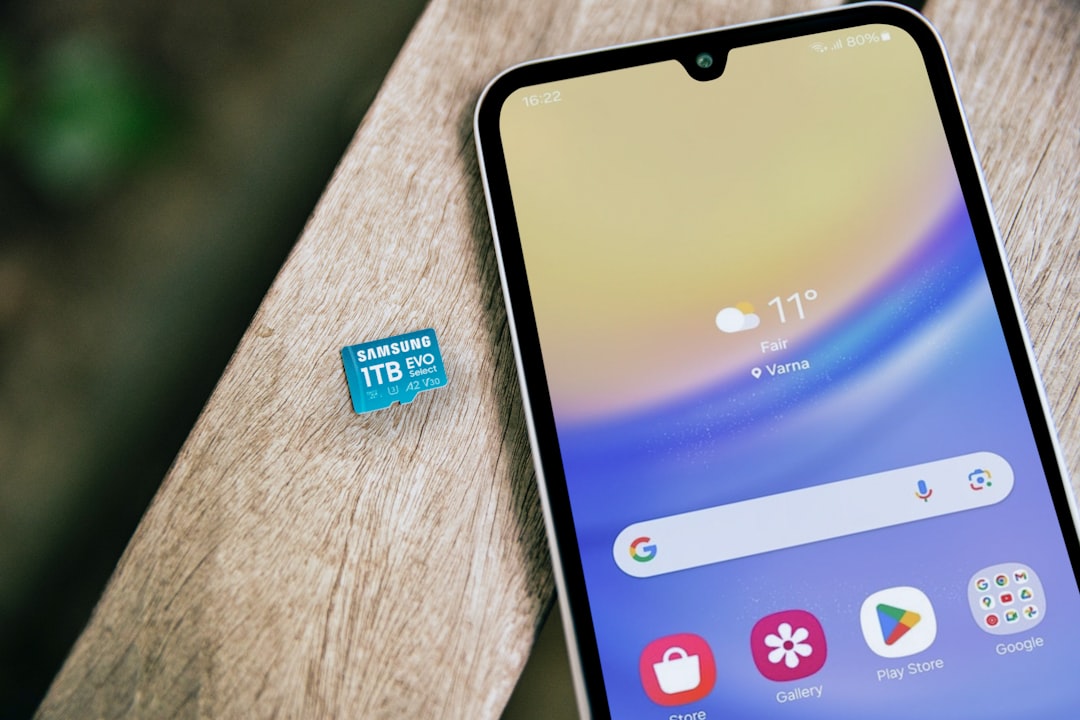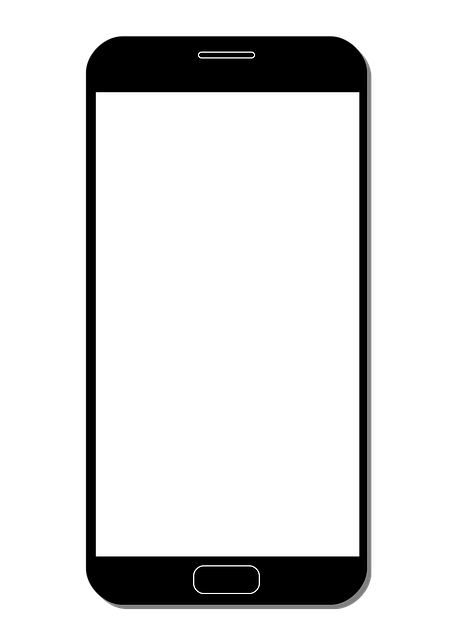Los Angeles businesses using autodialers or automatic telephone dialing systems (ATDS) must comply with strict CCPA and TCPA regulations prioritizing consumer consent and do-not-call requests. An autodialer law firm ensures compliance to protect against complaints. To mitigate these, businesses should obtain explicit permission before campaigns, communicate call purposes clearly, provide opt-out mechanisms, update privacy policies, maintain do-not-call lists, train staff, and monitor call records. Adhering to these strategies reduces complaints, strengthens client relationships, and avoids legal risks from the Los Angeles City Attorney's Office. Consulting with an autodialer law firm in LA ensures full compliance and understanding of rights and obligations.
In the dynamic business landscape of Los Angeles, understanding and adhering to autodialer laws is paramount. This comprehensive guide equips you with the knowledge to protect your business from complaints related to automated calls. From navigating the intricate web of LA’s autodialer regulations to implementing effective complaint minimization strategies, this article offers practical insights. Learn how to handle legal implications when complaints arise and stay compliant with an autodialer law firm in Los Angeles.
Understanding Autodialer Laws and Regulations in Los Angeles

In Los Angeles, the use of autodialers or automatic telephone dialing systems (ATDS) is heavily regulated to protect consumers from unwanted telemarketing calls. The California Consumer Privacy Act (CCPA) and the Telephone Consumer Protection Act (TCPA) are two key laws that govern the use of autodialers in the city. These regulations strictly limit how businesses can use ATDS, focusing on consent and do-not-call requests to ensure privacy and reduce nuisance calls.
When it comes to protecting your business from complaints related to autodialer usage, understanding these laws is crucial. Los Angeles’s autodialer law firm ensures that businesses adhere to the guidelines set by CCPA and TCPA. This includes obtaining prior express written consent before making automated calls for marketing purposes and respecting consumers’ right to opt-out or revoke consent at any time. Businesses must also implement robust do-not-call practices, maintain accurate call records, and provide a clear and easy way for recipients to stop receiving automated calls.
Strategies to Minimize Complaints from Automated Calls

To minimize complaints related to automated calls, especially in a bustling city like Los Angeles where an autodialer law firm might operate, businesses should prioritize consumer consent and transparency. Obtain explicit permission from callers before initiating any automatic dialing campaigns, ensuring compliance with the California Consumer Privacy Act (CCPA) and other relevant regulations. Clearly communicate the purpose of automated calls and provide an easy opt-out mechanism. Regularly review and update your privacy policies to reflect these practices.
Implementing robust do-not-call lists and honoring consumer requests to stop contacting them is also crucial. Train staff on proper call handling procedures, emphasizing empathy and respect for recipients’ choices. Monitoring call records can help identify trends or issues, allowing for prompt corrective actions. By adopting these strategies, Los Angeles-based businesses can reduce autodialer-related complaints, fostering better relationships with their client base and ensuring compliance with the autodialer law firm’s legal framework.
Navigating Legal Implications: What to Do When Complaints Arise

Navigating Legal Implications: When complaints about autodialer practices arise, it’s crucial to understand the legal framework surrounding telemarketing in Los Angeles. The city has strict regulations in place to protect consumers from aggressive or unwanted calls, with penalties for violations. If your business uses an autodialer, ensure compliance with local laws by reviewing and adhering to the guidelines set forth by the Los Angeles City Attorney’s Office.
When a complaint is lodged, it’s essential to take immediate action. First, verify if the call was indeed made through your autodialer system. If valid, assess the nature of the complaint—was it related to volume, timing, or content? Addressing these issues promptly can help mitigate legal risks. Consider consulting with an autodialer law firm in Los Angeles to ensure you’re fully compliant and understand your rights and obligations under the current regulations.






